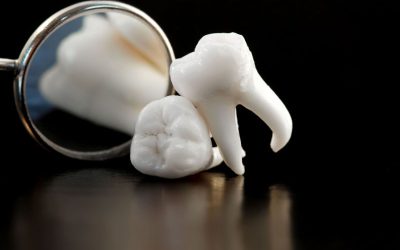Many people have periodontal, or gum, disease and don’t know it. The condition affects some fifty million Americans and tooth loss is often the end result. People are educated about taking care of their teeth. However, not as much emphasis is placed on having healthy gums. The condition occurs when an inflammation or infection attacks the gums and bone that hold the teeth. The infection is often caused by bacteria in plaque.
Some of the signs of periodontal disease include bleeding, gums that pull away from the teeth and constant bad breath. If you have these symptoms, get dental care in Queens, NY. There is an urgency about periodontal disease because it is linked to cardiovascular disease and other conditions. Dentists at Northern Plaza Dental Care inform patients that some people are more likely to have the disease. Research shows that people with a family history of gum disease may be six times more likely to have it. In addition, smokers and diabetics are prone to have gum disease.
Treatment is aimed at controlling the infection. The dentists at the dental center of Queens, NY get rid of plaque with a deep cleaning. A deep cleaning involves scraping off tarter above and below the gum line. In addition, pockets of bacteria are cleaned off the roots of teeth. Often, the mouth is done in quadrants during different appointments. That’s because the procedure is uncomfortable for many patients. However, patients feel improvement quickly with less bleeding and swelling. If the case is advanced, the dentist may recommend surgery. Surgery is often needed to rebuild lost gum tissue and bone. As a preventative measure, patients are often given antibiotic mouthwashes. The antibiotics keep germs from building under the gums after the deep cleaning. People with risk factors need to practice good oral hygiene to try and prevent gum disease. It is especially important to floss and eliminate plaque. Indeed, other risk factors like smoking and diabetes can be controlled. There’s also a new test, called PST, that detects genetic predisposition for gum disease. Get your teeth examined if you are a possible candidate for gum disease.








